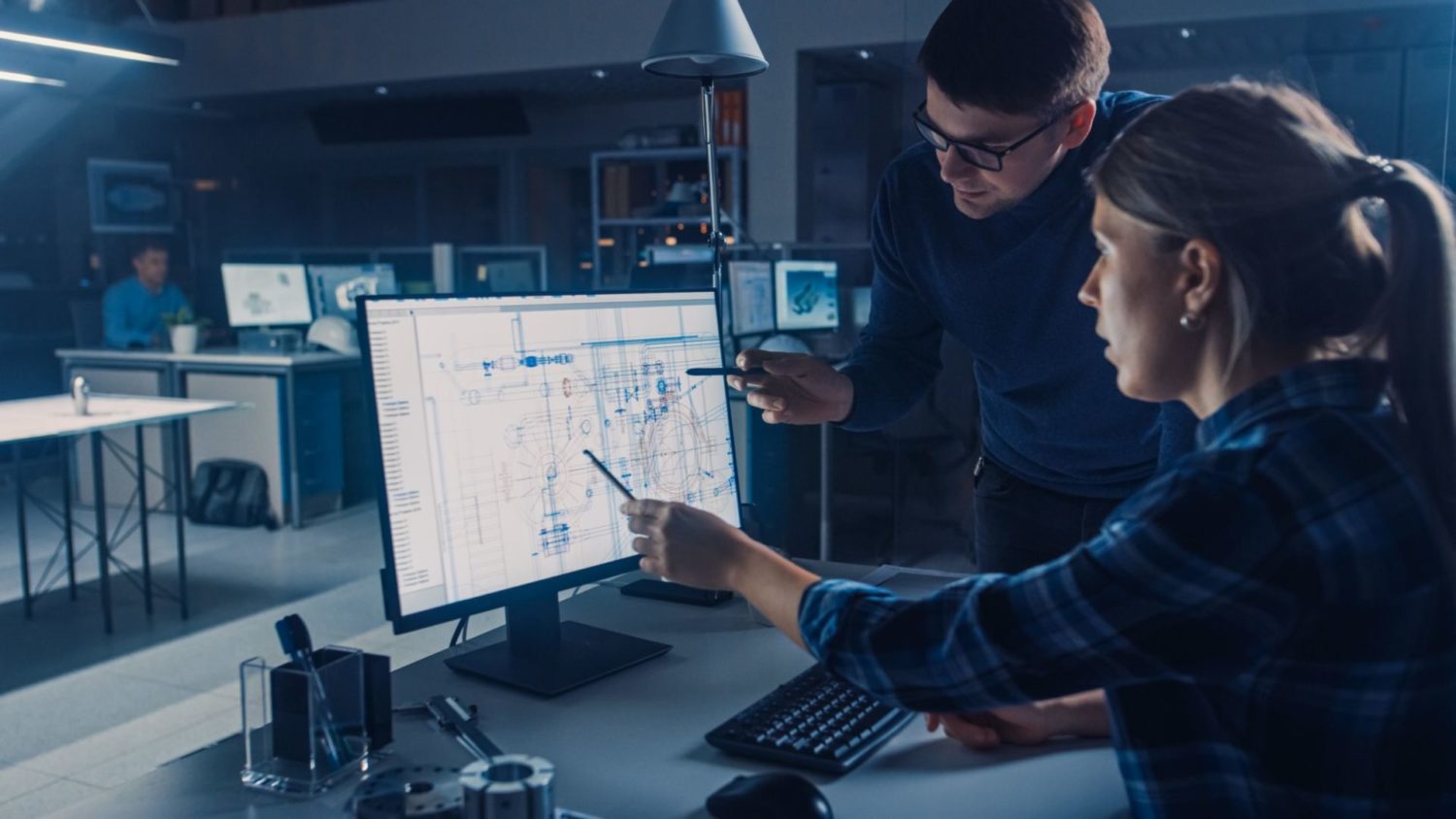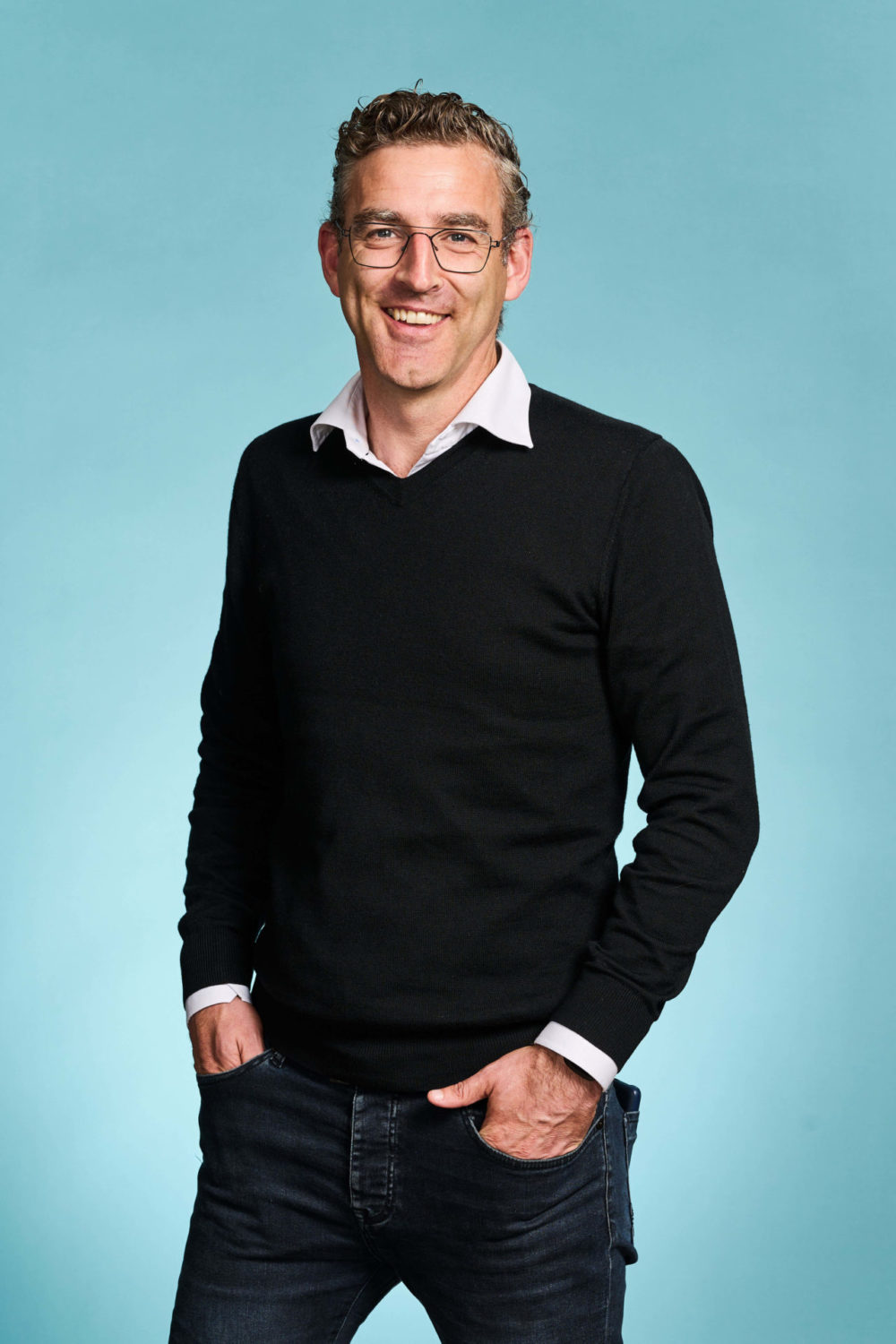
Groningen-based Ecoras makes sustainable change manageable and waste unnecessary. And with that, the consultancy can almost be called the linchpin of the Northern Netherlands' circular economy. From setting up partnerships and chains to driving innovation and mapping company-specific sustainability routes, Ecoras does it all. 'It's a different way of thinking, working and doing. And that makes us quite unique in the Netherlands.'
Ecoras originated more than 20 years ago in Groningen under the name KNN Milieu. 'Cor Kamminga, the founder and current CEO, was involved as a researcher at the University of Groningen,' says Micha Klaarenbeek, Project Manager Impact Analysis & Circularity at Ecoras. 'That's where many environmental issues came in from companies and governments. KNN Milieu grew out of that as an independent consultancy. And over the years, the company has evolved more toward the energy transition, circular and biobased economy.'
Entrepreneurial spirit

Micha Klarenbeek
The company also spawned three spin offs, which are currently very successful. BioBTX, for example, which converts renewable raw materials and low-grade plastic waste into BTX, an important mix of chemical building blocks that can be reused within numerous industries. Or Recell Group, for example, which extracts the valuable cellulose from wastewater streams from industry, sewage and waste paper. This way, no trees have to be cut down for it. And last but not least Foamplant, which with the world's first fully circular foam tackles the plastic problem in the agricultural, furniture, automotive and aircraft industries.
'All enterprising KNN consultants who have built a business with the knowledge they have gained,' says Klaarenbeek. 'And with that same entrepreneurial spirit, we decided three years ago to also fully focus as a consultancy on transition to circular and biobased economy.' That also called for a new name. It became a contraction of ecology and economy and 'coras', old Irish for system.
Beautiful projects with impact
Klaarenbeek himself has been involved with Ecoras for 3.5 years, mainly in the field of impact analysis. 'You notice that companies increasingly recognize the importance of environmental impact analyses, including Life Cycle Analysis or a CO2 footprint,' says Klaarenbeek. 'They have to, because in large government tenders, for example, demonstrable sustainability is an important condition. We help companies map and visualize that impact, by looking at the raw materials they use, the production processes, and the processing of residual and waste streams. We don't want to just write a report, but actually achieve something. So we also give advice on the best next steps.'
As an example, Klaarenbeek cites a project for Wellness Pet Company, an American company, with a branch in Veendam. 'They produce plant-based, premium dog snacks under the WHIMZEES by Wellness brand and wanted more insight into their environmental impact for their Veendam facility,' explains Klaarenbeek. 'We made the data visual for them so they could better understand their energy consumption and carbon footprint. During the project, they saw the opportunity to make a bigger impact and expanded their efforts to their global operations. To achieve its sustainability goals, Wellness Pet Company has now taken additional steps toward high-tech monitoring of energy flows and also the construction of an extensive solar farm to provide green power to their factory.'
Unique way of working
In addition to impact analysis, Ecoras does much more. 'Unburdening ourselves in future-proofing companies is a very important aspect of our work. But we also often see companies running into the same problems,' says Klaarenbeek. 'We see this as an opportunity to proactively make a difference. Based on our own hours, we then look for parties who can do something with this, for example by setting up a circular chain, starting a new joint project or lobbying government organizations.'
'An SME that wants to do circular business often doesn't have the time and connections to get the right people around the table,' continues Klaarenbeek. 'We do have those connections, so together we look at how we can then set up a circular chain. By putting them in touch with sustainable raw material suppliers, for example. Over the years, of course, we have gained a lot of knowledge about biobased materials. So we often know what the most relevant applications are. It's a different way of thinking, doing and working. And that also makes us quite unique as a company.'
The northern circular economy
Ecoras also works a lot with Chemport Europe in this. 'We meet in many different places,' says Maaike van Heeren, who is associated with the Chemport partnership from the NOM. 'Ecoras always takes a nice, proactive role in many different projects. We work together from different perspectives and often pass the ball to each other. And that's important, because a good transition to green chemistry and a circular economy requires close cooperation as a northern ecosystem.
An SME that wants to do circular business often does not have the time and connections to get the right people around the table. We do have those connections.
Micha Klaarenbeek
Building a sustainable future
Klaarenbeek also emphasizes the need for a tight-knit ecosystem. 'We work throughout the Netherlands, but you can really see a difference between the North and the rest of the country. Here we are much more inclined to seek cooperation. Elsewhere in the country, it's often something like, 'this is my idea, so I'll carry it out myself.' We do very nice things here in the North, but people often don't know that
not. Sometimes not even from each other, so we take a proactive role in that," jokes Klaarenbeek. 'We could do a bit more marketing in that respect.'
Whether there are any bright opportunities for the future? 'Local production is incredibly important,' says Klaarenbeek. In the northern Netherlands we have a lot of agricultural land, but a significant part of what is produced here is intended for export. As a small country, you have to wonder to what extent that is a wise use of valuable land. Various crops, such as sugar beet and potatoes, for example, can also be used (in part) to green the chemical industry; fiber-rich crops such as hemp and flax will also find an application within the construction industry.'


